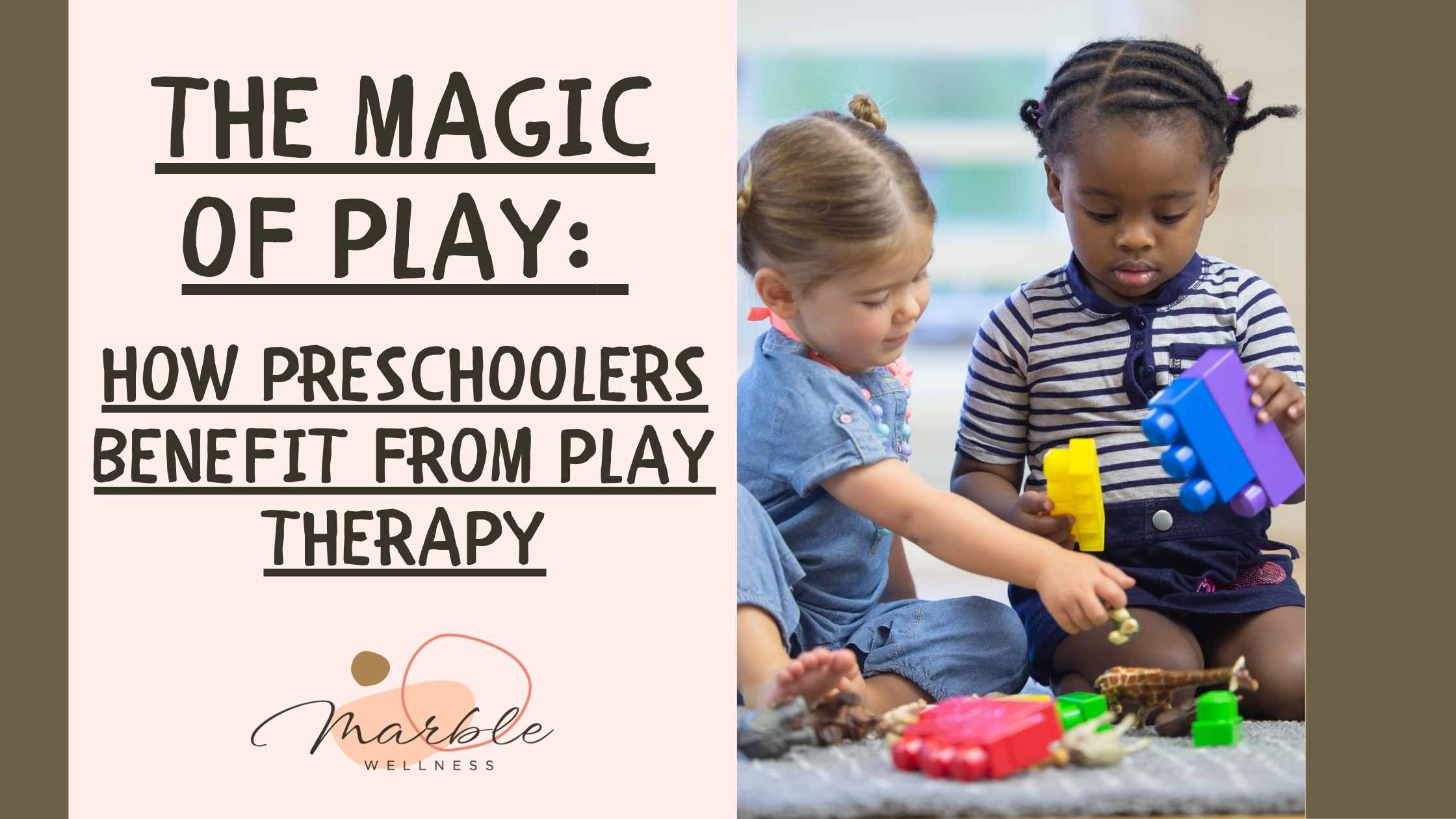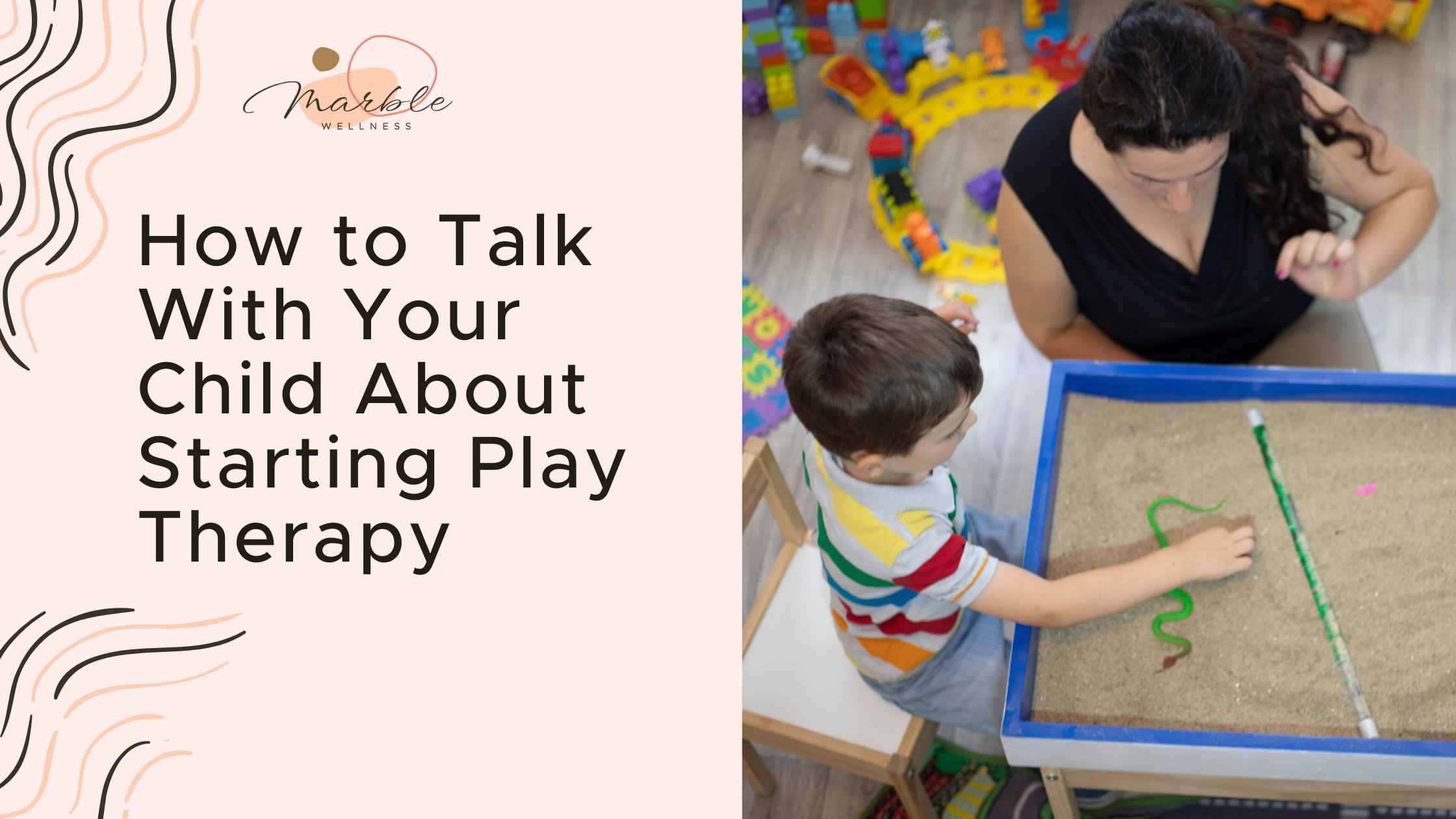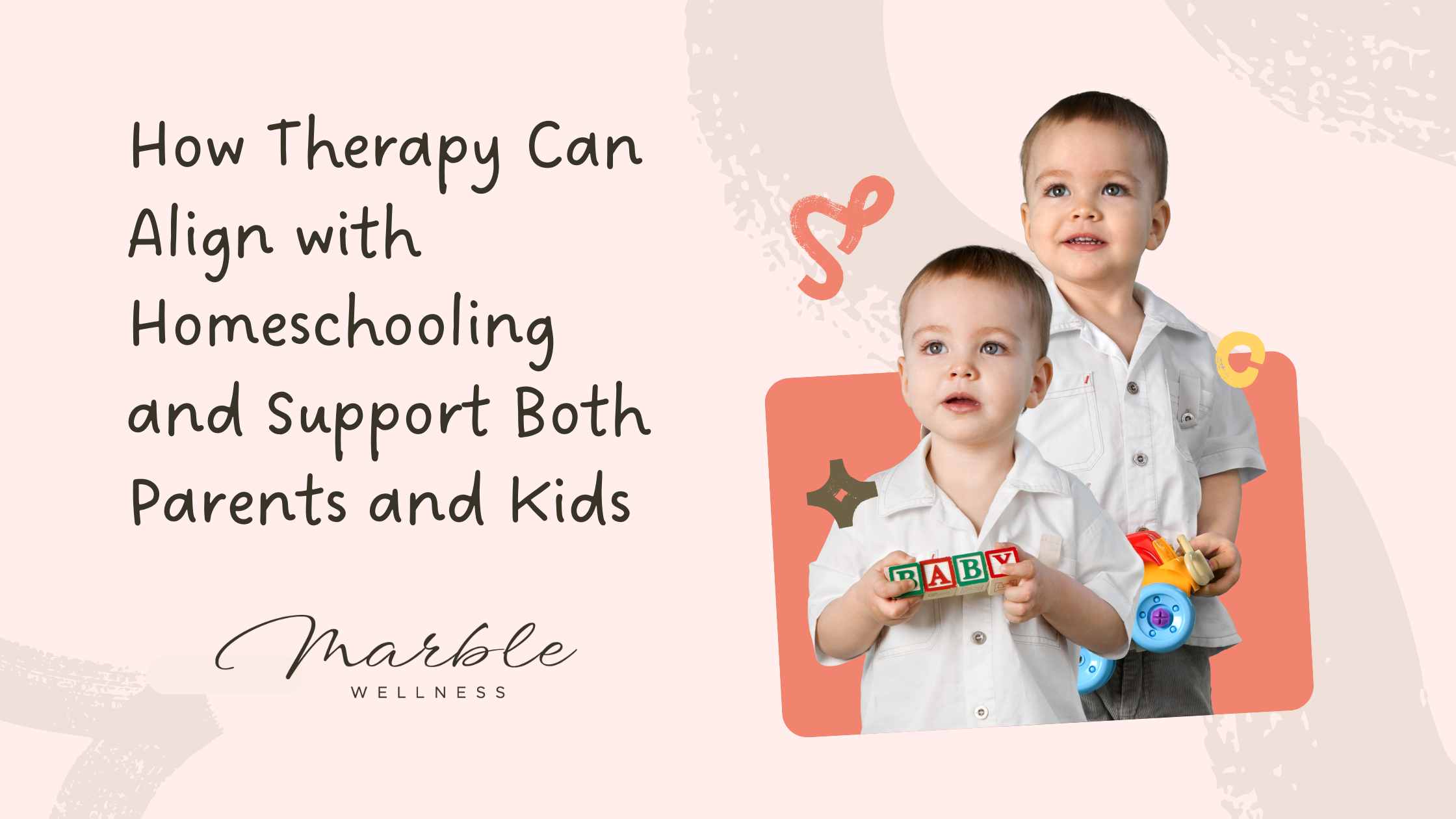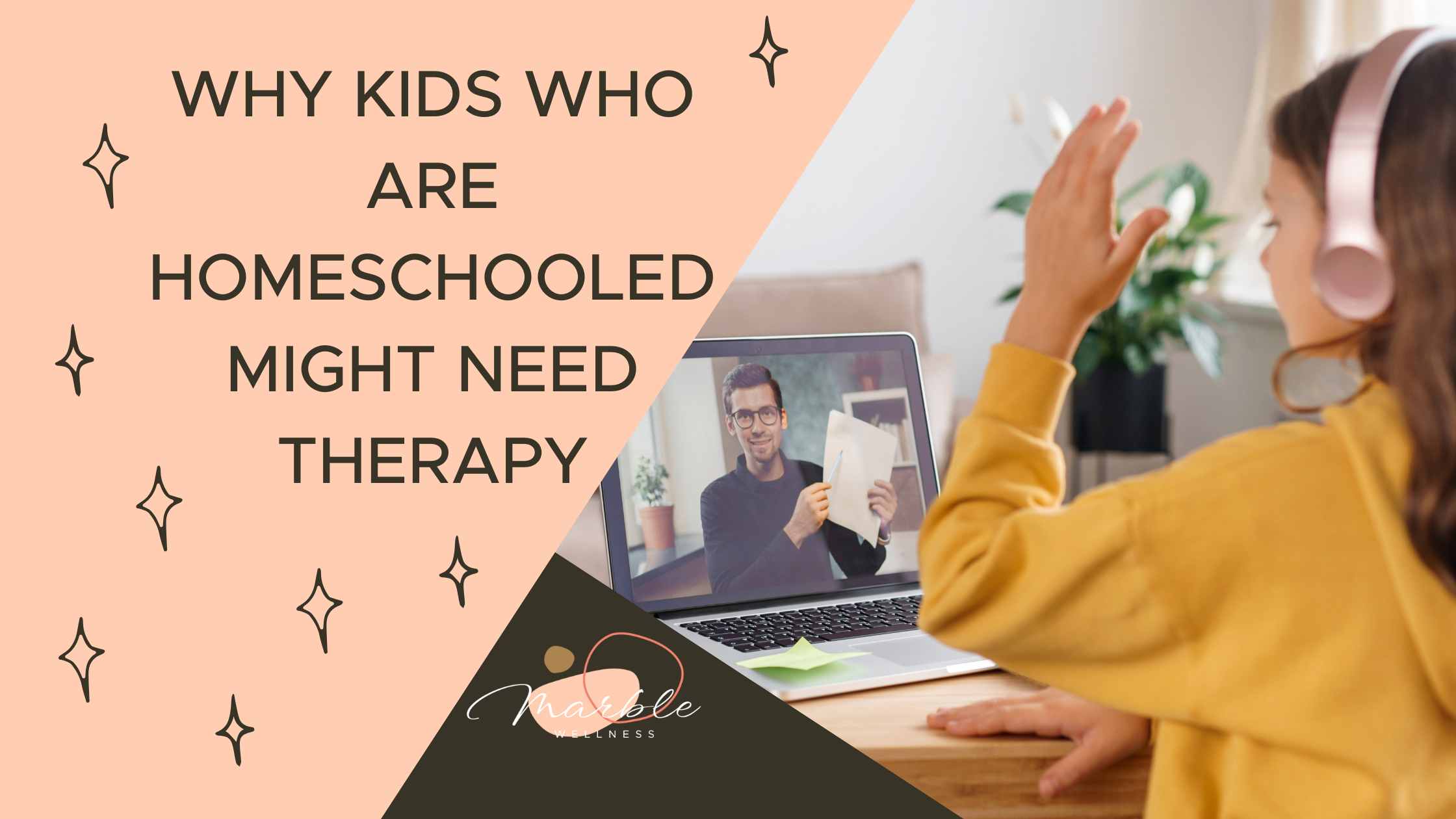Temper tantrums, kicking, hitting, maybe even biting…expressions such as “I do it!”, “No!”, “I don’t want to!” Sound familiar? The preschool years are full of mysteries about what is going on in our kids’ heads. Since language is still developing, communication can be challenging so we start to make assumptions about what is changing. We notice behaviors and it’s hard as parents to not take it personally or label it as acting out. What is really happening is an amazing level of growth and development in a very short time, in a very small body. It can be overwhelming for kids so when there are additional factors at play that create a change or transition kids need to have an outlet and work through these scenarios just as much as adults. When we think of therapy, it’s usually all about talking or specific exercises, but for our littlest guys this type of work isn’t always an option.
Enter the field of Play Therapy. For preschoolers, play therapy is a game-changer. In these early years, where life is all about having fun, this approach speaks their language—play. There is a quote by Jean Piaget, the Swiss psychologist who pioneered the study of children’s intellectual development, that says “Play is the work of children”. So how does it work?
The Science of Play Therapy
Play therapy uses play to help kids express themselves, process their experiences, and build important skills. Little ones might not yet have the words to explain their emotions or understand tough situations, so play becomes a natural way for them to explore their feelings and thoughts. Have you ever made a change in life, like a new house or adding another baby to the family? Often this will show up in children’s play. It may just seem like it’s just a replication of events, but there is so much more behind it. It’s a way for them to understand and make sense of the world around them. Play is a fun, enjoyable activity that elevates our spirits and brightens our outlook on life. It expands self-expression, self-knowledge, self-actualization, and self-efficacy. Play relieves feelings of stress and boredom, connects us to people in a positive way, stimulates creative thinking and exploration, regulates our emotions, and boosts our ego (Landreth, 2002).
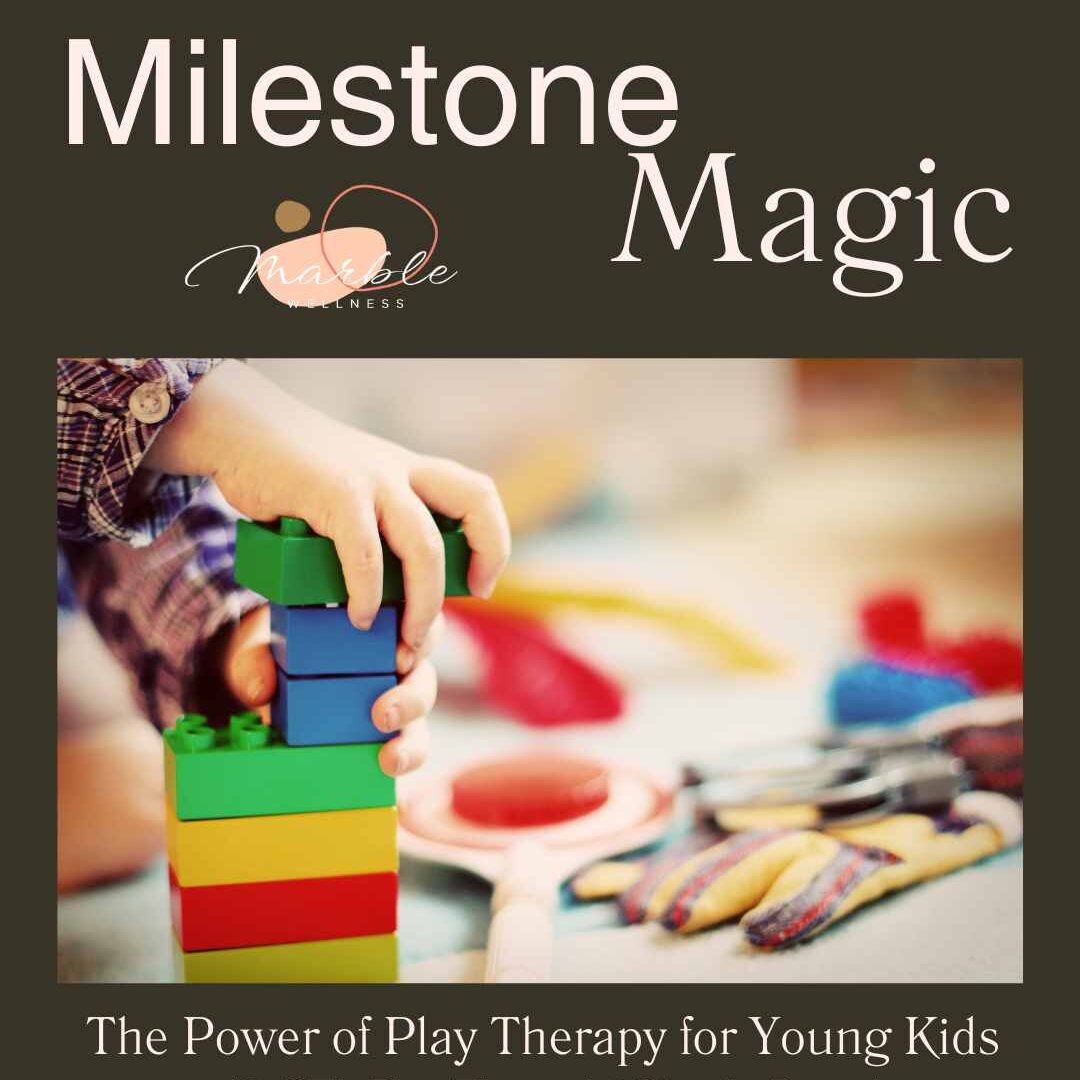
Emotional Development During Play Therapy
Through play therapy, kids get to express their emotions in a safe space. By playing out different scenarios, they learn to understand and cope with their feelings. For example, using toys to act out family scenes can help a child talk about and process emotions they might not have the words for yet. They get to practice sharing, empathy, and resolving conflicts in a supportive environment. These skills are key for making friends and building relationships as they get older.
Play Therapy Assists with Cognitive Growth
Playing helps kids think critically and solve problems. They experiment, make decisions, and see the outcomes, which are all important for their cognitive development. Play therapy introduces structured games to boost these skills, helping preschoolers grow their minds while having fun.
Building Resilience Through Play Therapy
In play therapy, kids face different scenarios that mirror real-life challenges. Working through these in a safe setting helps them build resilience and get support along the way. They learn how to handle stress, deal with disappointment, and feel in control of their world. They build frustration tolerance, self-advocacy, and self-efficacy. The therapist creates an environment in which there is reassurance that they can be themselves, be free to express their needs and that they will be nurtured through the process.
Therapeutic Tools and Techniques for Children
Child therapists use a variety of tools like toys, art supplies, sand trays, and puppets to facilitate play therapy. Each tool helps kids express themselves and work through issues in unique ways. For instance, drawing can let a child show their feelings while building scenes in a sand tray can help them tell stories about their inner world. It gives them other tools to help them express themselves when words won’t come or aren’t developed yet.
Consider Play Therapy for Your Child!
Play therapy is much more than just fun and games; it’s a crucial way to help preschoolers navigate their early years. By promoting emotional, cognitive, and social development, play therapy sets a solid foundation for a child’s future well-being. It recognizes the simple yet powerful truth that play is how children naturally make sense of the world.
Remember: For young kids, play is their most genuine form of expression. Engaging them in play therapy can unlock doors to emotional healing and growth that might otherwise stay closed.
Start Therapy for Children and Families in the St. Louis Area
If you live in the St. Louis metro area and are ready to improve your mental health, our expert St. Louis therapists are here to help. Not only do we have a team of therapists in Ballwin, MO, but we have also recently expanded to serve the Lake St. Louis and Wentzville area! Reach out to our Client Care Coordinator today to discuss your therapy options, both in-person and via online therapy in Missouri.
Contact Us!
Learn About Our Group Offerings

Additional Counseling Services at Marble Wellness in St. Louis, MO
Our counseling services are designed to help set you on a path of living a more fulfilled, calm, and happy life. Our incredible team of STL-based therapists has a variety of training backgrounds and areas of expertise. We specialize in anxiety, depression, grief, chronic illness, therapy for men, couples, and maternal overwhelm. Our practice also helps new moms with various postpartum concerns, moms in the thick of parenting, and moms with teens. We can also chat from wherever you are in the state with online therapy in Missouri. No matter where you are in your mental health journey, we would love to support you.
